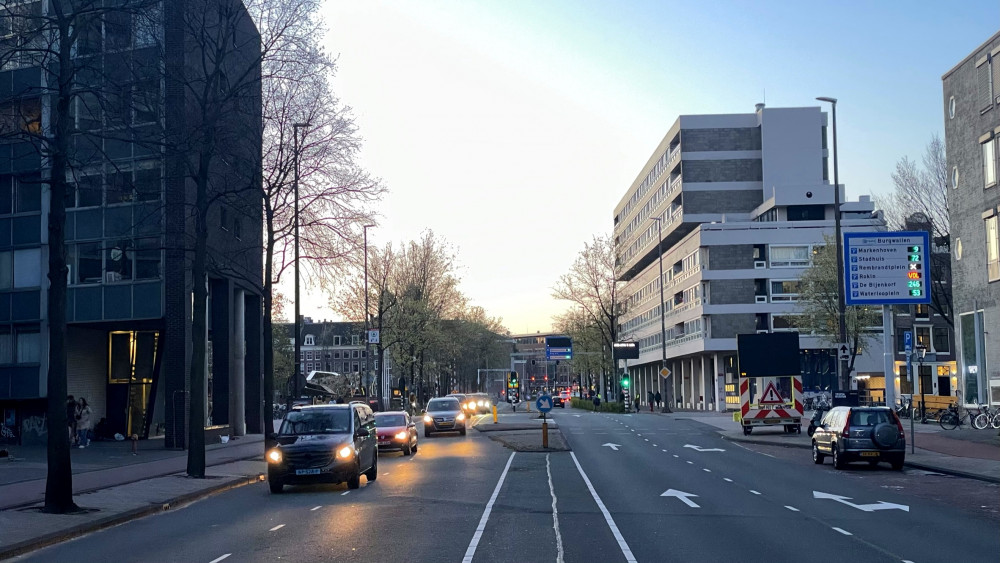From January 1, owners of a petrol or diesel car and motorcycle owners in North Holland must pay 9.5 percentage points more surcharge, the provincial part of the motor vehicle tax. Despite the increase of an average of 22 euros per year, the rate in North Holland remains the lowest of all provinces.
The coalition parties VVD, BBB, GroenLinks and PvdA agreed in their agreement to increase the provincial tax from 67.9 to 77.4 percent on top of the national rate, in order to cover expenses. The VVD previously called the increase “a tricky point”, but is satisfied that the North Holland rate remains the lowest.
The increase in surcharges in North Holland means that an owner of a Kia Picanto will pay more than 105 euros per year instead of the current more than 92 euros, on top of the national road tax of 136.50 euros. Someone with a Range Rover P400 pays 84 euros more annually, the province calculates.
For motorcycle owners, costs in North Holland will increase by a good 2 euros. Electric cars are exempt from motor vehicle tax nationally until 2024.
North Holland is expected to receive 269 million euros from approximately 1.2 million car and motorcycle owners, of which almost 40 million will come from the higher surcharges and the anticipated growth of the vehicle fleet, including lease cars in our province. The total budgeted income in 2024 amounts to 637 million euros.
Rates other provinces
In the other provinces the rates will not be increased or will be increased less, although this has yet to be officially recorded. The average rate is around 84 percent. Car owners in North Brabant and Utrecht also get a relatively cheap price.
In Drenthe, Groningen, Gelderland and South Holland the rate is above 90 percent. In the latter province, the rate is expected to increase from 95.7 percent to 98.7 percent. This makes South Holland the most expensive province. Groningen still occupies that place, but that province has decided to freeze the rate for the next four years.
